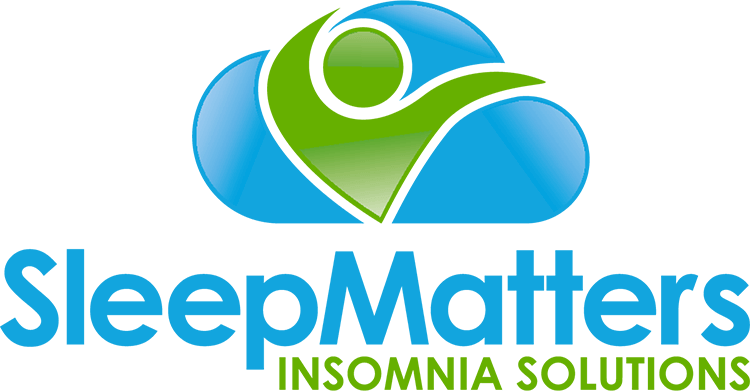If you’re jet-setting to another time zone this summer, you will likely experience some disruption to your sleep. This can often be due to early or late flight schedules and anxiety or excitement about travelling, but another key factor is the dreaded jet lag.
What is jet lag?
Jet lag occurs when we travel to a destination in a different time zone, meaning that our internal body clock (circadian rhythm) is running at a different time to our new destination.
A flight from Perth to Sydney, for example, can leave you wide awake at 11pm local time, since your biological clock still thinks it’s 8pm. While you understand that it’s late and you might be trying to fall asleep, you are not biologically sleepy, so you are left lying awake, unable to sleep. This can affect your mood and health in the days following.

Symptoms of jet lag
Jet lag can be described as feeling sleepy when you’d rather be awake, and awake when you’d like to be asleep. Some people also experience brain fog, mood changes, digestion changes (constipation or diarrhea), or generally feeling unwell.
How long does jet lag take to resolve?
In general, it takes one day per time zone crossed to synchronize to the new time zone. This means that flying halfway around the world could take you more than a week to recover!
So if you are travelling across multiple time zones and only staying a few days, it’s unlikely that you will fully adjust to the new time zone without some jet lag management.
How to reduce the effects of jet lag
Time for the good news! While there’s no magical cure for jet lag, there are tactics that can shorten it and reduce its severity.
Let’s consider jet lag management according to the Three Barriers to Sleep:
- Biological Clock
The body has an internal clock managed deep in the brain. This regulates the release of hormones such as melatonin, causing ebbs and flows in energy and sleepiness during the day and night. Sleep difficulties related to jet lag are heavily linked to melatonin being released in line with the home time zone, not the destination time zone.

Our biological clocks are largely driven by the sun, so exposure to bright light can support us to feel more awake, and exposure to dark can help us to feel sleepy. Sunlight and light therapy glasses (see picture) are both effective in helping to set our biological clock to the new time zone.
Staying awake until bedtime can help the body to adjust to the destination time zone faster, even when you might feel tired – it’s not easy, but it’s worth it for shortening the effects of jet lag! There are several online calculators that will give you customised plans to recalibrate your biological clock (Jetlag Rooster and Time Shifter are just two examples). You can also wear sunglasses to minimise light exposure, or light therapy glasses (e.g., Re-Timer or Ayo glasses) to maximise it.
Taking a melatonin supplement is another option, which you should discuss with your GP. Online calculators such as those above will tell you the best time to take it.
- Sleep Drive
Sleep drive is a biological term for how much our body needs to sleep at a particular point in time. Think of it as ‘hunger for sleep’. The longer we go without sleep, the higher our sleep drive. For restful night-time sleep, the sleep drive needs to be high.
If you’d like to go to sleep at 10pm, it’s important to have remained awake for the 7+ hours prior. Get outside, enjoy the fresh air and explore your new surrounds. Desperate for a nap? Do so before 3pm, and aim for 30 minutes or less. This approach will help you feel refreshed, but is less likely to interfere with your sleep drive at bedtime.
Do you suffer from insomnia? You may have a naturally low sleep drive, where you feel fatigued but not actually sleepy. Napping, spending extra time in bed, and low daytime activity levels can all lead to reduced sleep drive. Working to increase the sleep drive is something we address in treatment for insomnia.
- Being Keyed up
Strong reactions to travelling – excitement, anxiety, frustration – can make it hard to sleep as the body and mind are keyed up. This might be experienced as:
- Physical sensations (tense muscles, racing heart, butterflies in the stomach)
- Emotions (feeling anxious, fed up, sad, frustrated)
- Mental patterns (busy mind, worrying, planning)
Being able to recognise and control being keyed up is an important part of jet lag management. We recommend that you set aside time during the day to proactively respond to any worries that are on your mind, and adopt a calming 30 – 60 minute wind down routine in the evening. Reading, stretching, taking a bath, meditating or listening to gentle music, these can all calm the mind & body and assist in getting a good night’s sleep. Find more tips to switch off for sleep.
If you’d like support implementing these strategies or would like help with other aspects of your sleep, please contact us to make an appointment.

